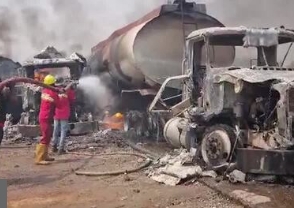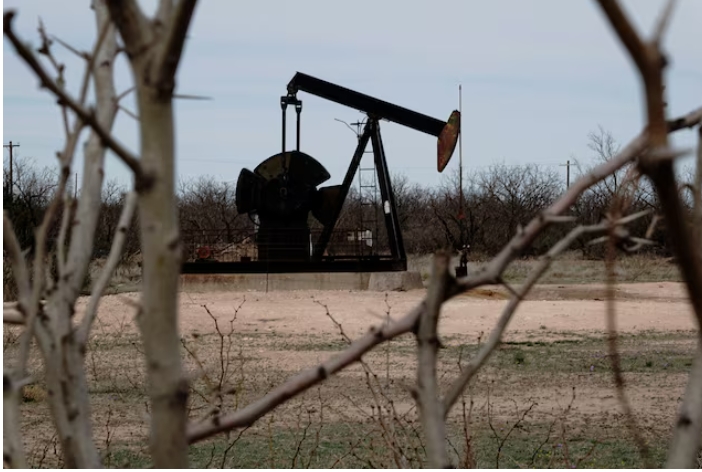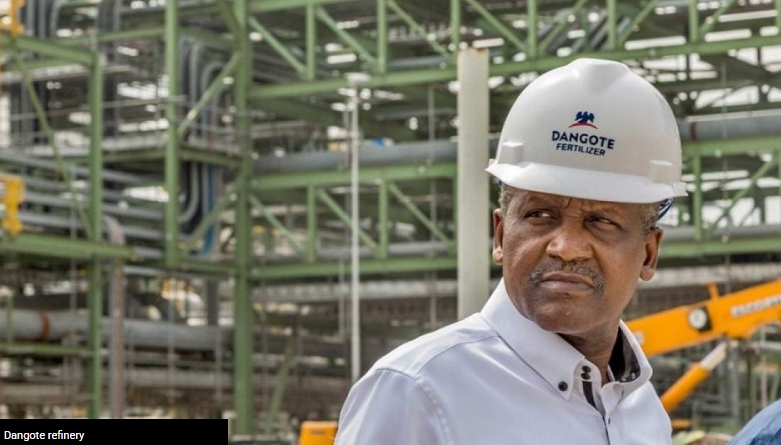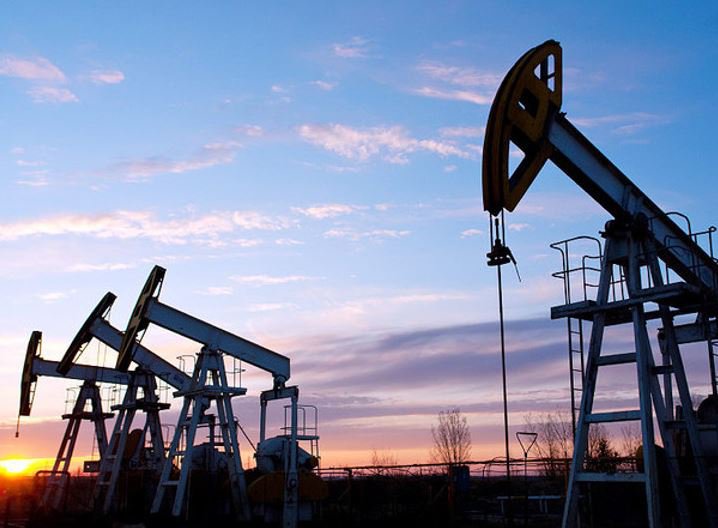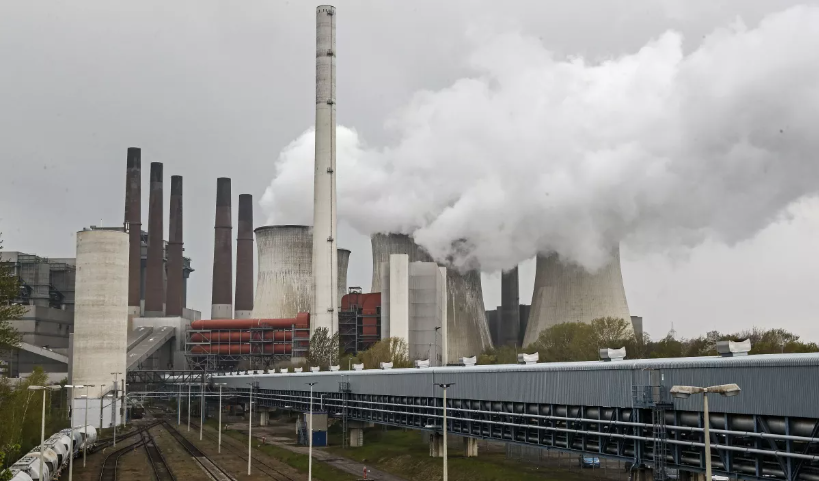
A coal-fired power plant in Germany. A United Nations climate report warns that global warming is on track to exceed 1.5 degrees Celsius by the early 2030s without swift reductions in greenhouse gas pollution.(Martin Meissner / Associated Press )
A new United Nations report comes to a definitive but familiar conclusion: We’re not doing nearly enough to prevent disastrous levels of climate change.
The report, released Monday by the Intergovernmental Panel on Climate Change, warns that the planet is on track to blow past 1.5 degrees Celsius (2.7 degrees Fahrenheit) of warming, a critical threshold virtually every nation on Earth agreed to work to avoid. We can expect to overshoot that within about a decade unless we immediately switch to renewable energy and slash planet-warming pollution in half by 2030. More than a century of burning coal, oil and gas is catching up with us, and there’s little time to change course.
But one frustrating reality underscored by the report is how much we remain in denial about fossil fuels.
The U.N’s scientific assessment, approved by 195 nations, says that existing and planned fossil fuel infrastructure — all of the coal-fired power plants, oil wells and gas-powered vehicles already built or on the way — will generate enough greenhouse gas pollution to warm the planet by a catastrophic 2 degrees Celsius, or 3.6 degrees Fahrenheit, this century.
Humans have already overheated Earth by 1.1 degrees Celsius (2 degrees Fahrenheit). To avoid irreversible damage to our communities and ecosystems, we can’t just stop permitting new oil and gas drilling and coal- and gas-fired power plants, and end production of combustion-engine vehicles. We have to cancel and retire existing fossil fuel projects as well.
But that seems like a pipe dream, because the world’s most powerful nations keep advancing planet-endangering projects.
China has been permitting new coal-fired power plants at a staggering rate of two per week. President Biden last week approved the massive Willow oil drilling project in Alaska, giving ConocoPhillips permission to extract as much as 600 million barrels of oil over 30 years and breaking his campaign promise of “no more drilling on federal lands. Period. Period. Period. Period.” (Yes, he said it four times for emphasis.)
Oil companies, meanwhile, are backing off their commitments to fight climate change and transition to renewable energy as they rake in record profits from soaring fuel prices. In California, the permitting of new oil drilling continues unabated after petroleum companies spent $20 million to get a referendum to overturn a state law banning new wells near homes and schools. Global energy-related carbon emissions reached a record high last year, and another U.N. climate conference in Egypt last fall ended without an agreement to phase out fossil fuels.
Though 1.5 degrees of warming would be horrible enough, every fraction of a degree we go beyond that would mean greater human suffering and environmental destruction. We should feel some optimism that the barriers to addressing it are no longer technological but almost entirely political — and because the worst-case temperature-rise scenarios scientists once feared are no longer considered very likely thanks to the growth in renewable energy, electric vehicles and other zero-emission technology.
It can be overwhelming nonetheless to contrast how little is being done about climate change with the clarity of the science. Overshooting climate thresholds can seem inevitable, and we may feel powerless to stop it. But we are not without power to alter this course by making different decisions every day that, when added up, can reduce the severity of global warming we will live with for decades to come.
From local government to heads of state, officials at all levels should exercise whatever authority they have to dismantle the dangerous machinery of fossil fuels and replace it quickly with clean, renewable energy. Whether it’s accelerating the end of gas-fired plants, oil drilling and internal-combustion cars, or clearing the way for vehicle electrification and wind and solar energy production and transmission, there are thousands of opportunities to avoid the very worst possibilities for our future.
It’s our job to seize on each and every one of those decisions and demand swift action that increases the chances for a more tolerable future for nature and humanity.


